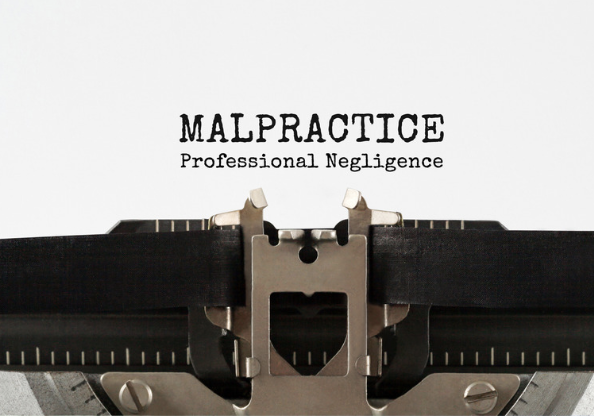It is usually the case that solicitors only owe a duty of care to their clients. However, when it comes to Will drafting, the case of White v Jones established that a solicitor’s duty of care extends to beneficiaries. Furthermore, the law has indicated that if a person makes a gift of property, and to give effect to that gift it is necessary to sever the Joint Tenancy, then a failure to do so can also be negligence – Carr Glynn v Frearsons.
Shah v Forsters LLP provided an interesting twist to this. The deceased and her husband were wealthy and held two properties as Joint Tenants. The husband had made a Will leaving one of the properties to his wife and the residue of his estate to her for life and then to the National Trust absolutely. Subsequently, the deceased and her husband became opposed to the National Trust receiving anything. However, the husband developed dementia and lacked capacity to make a fresh Will. The deceased anticipated that her husband would predecease her and that the properties would pass to her through survivorship. She sought advice from the Defendant firm about her Will and what would happen should she predecease her husband. She made her views clear about the National Trust and a discussion followed about severing the Joint Tenancies so that she could leave her share of the properties to her preferred charities, rather than allowing them to pass to her husband’s estate. However, if she survived him, as seemed more likely, and having severed the Tenancies, survivorship would not operate and she would only inherit one of the properties under the terms of his Will.
Accordingly, she executed a new Will excluding the National Trust in favour of various charities but did not sever the Joint Tenancies. Instead, she signed a Letter of Wishes indicating that she wished the Tenancies to be severed after her death by means of a Variation if she predeceased her husband. She died unexpectedly and the properties passed by survivorship to her husband.
The Executors claimed that the solicitors had been under a duty to consider severance of the Joint Tenancies so that the deceased’s testamentary wishes would be fulfilled.
The Court found that there was no doubt that Forsters owed duties to explain the effects of the Joint Tenancies and the effect that non-severance would have. It was proper to consider both the fact that non-severance would mean that the National Trust potentially benefited but also that severance led to the potential loss to the deceased’s estate of one of the properties. Accordingly, the duty on the solicitors was to make reasonable enquiries to ascertain facts which might have an impact on the deceased’s intentions, including anticipated life expectancy gifts and inheritance. However, in this case the important qualification affecting the scope of the duty was that the deceased had given clear instructions that, apart from making her Will and Letter of Wishes, she wanted to leave matters over for discussion at another meeting.
It was found that the solicitors had advised the deceased that post-death severance was no more than a possibility and might not be achieved. In contrast, she had been expressly advised of her right to make a lifetime severance but had given instructions that she wished to preserve the status quo. The Executors alleged that the solicitors failed to ensure the deceased’s share in the property passed to her chosen beneficiaries and not to the National Trust. However, the Court said there was no duty on the solicitors to ensure a particular outcome. The duty was to take care that effect was given to the deceased’s testamentary intentions which is what they had done.
Furthermore, the Court went on to say that, even if there had been a breach of duty, the Executors would have been required to prove causation on a balance of probabilities. Equally, they would have needed to prove that, if the deceased had been properly advised, she would have severed the Joint Tenancies. The Court was not satisfied that she would have acted differently.

